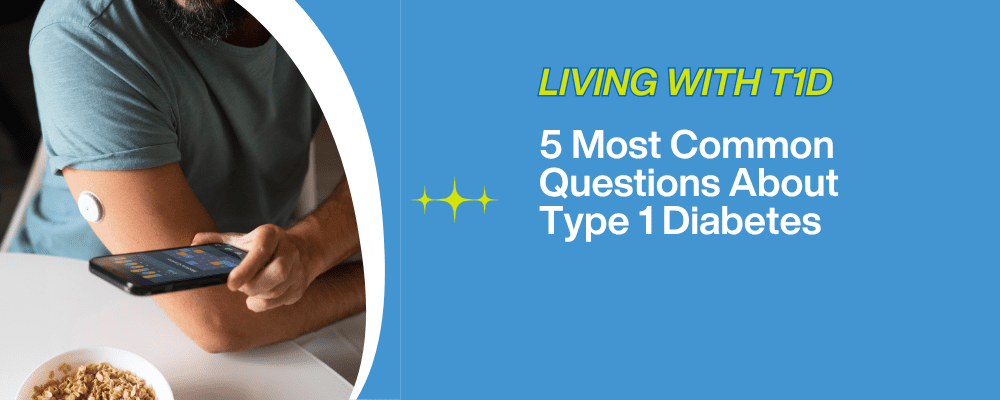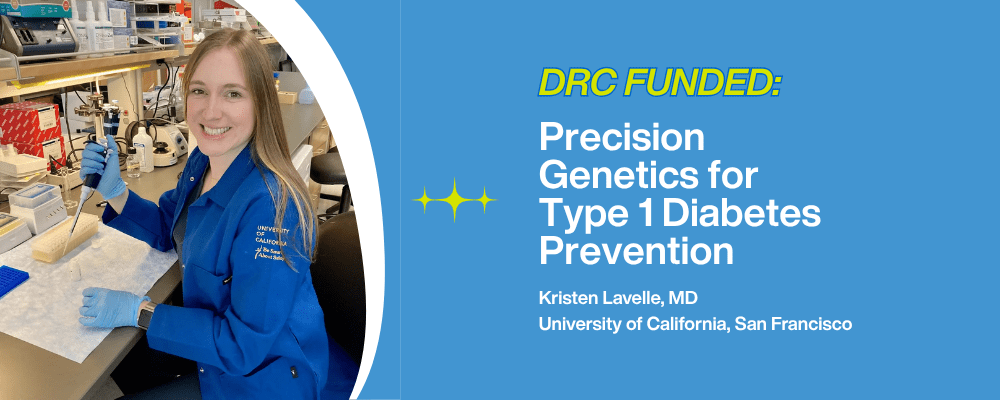Legalization of recreational and medicinal cannabis use has increased throughout the United States, but that does not mean that it does not come with risks. While cannabis can have positive effects for certain conditions, it may also be dangerous for others. A recent study found that using cannabis may double the risk of individuals with type 1 diabetes of developing diabetic ketoacidosis.
In a small, self-reported study of 450 individuals in Colorado with type 1 diabetes, approximately 30% reported using cannabis within the past 12 months. Of that group, around 40% smoked, used edibles, or vaped at least four times per week. The study found that while 8.2% of non-users had been hospitalized for diabetic ketoacidosis within the last year, this jumped to more than 20% for cannabis users. Furthermore, individuals with type 1 diabetes who used cannabis also had higher average HbA1c levels than non-users. Researchers believe the increased risk may come from the fact that “cannabinoids alter gut motility and cause hyperemesis.”
However, there is still more research necessary to further explore this risk as the study had several limitations. Many of the participants who reported using cannabis were younger with lower income and lower use of diabetes technology such as insulin pumps and continuous glucose monitoring (CGM). In addition, access to healthcare was not taken into consideration. Furthermore, some participants may have had underlying conditions that also impacted their risk of developing diabetic ketoacidosis.
Regardless, this study opens doors for more in-depth research regarding the effects of cannabis use on type 1 diabetes. It is important to understand how this drug may impact health, treatment, and quality of life.
The Diabetes Research Connection (DRC), though not involved with this study, strives to support novel research studies regarding all aspects of type 1 diabetes by providing essential funding to early career scientists. This is made possible by donations from individuals, corporations, and foundations, and 100% of research funds go directly to the scientists. To learn more about current projects and how to help, visit http://diabetesresearchconnection.org.




